Cats Aren't As Independent As You Think — Here's Why They Follow You Around
Updated Dec. 4 2023, 4:05 p.m. ET
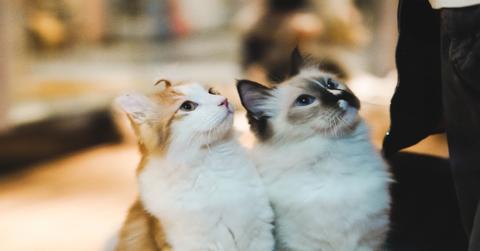
The Gist:
- While they're fairly independent, cats can also become very clingy.
- When cats follow you from room to room, they may want food or attention.
- Your cat may also want to show their love and affection for you.
Cats are often thought to be more independent than dogs or other common house pets. While no two cats have exactly the same personality, they’re typically even-tempered and can have a very calming presence.
Other than feeding them and cleaning their litter box, cats are relatively low-maintenance pets. This makes them great companions for first-time pet parents, or for those who live in a smaller house or apartment.
But what does it mean when your self-sufficient feline suddenly becomes a velcro cat, following you from room to room and refusing to leave your side? Here are five reasons your cat may be following you around.
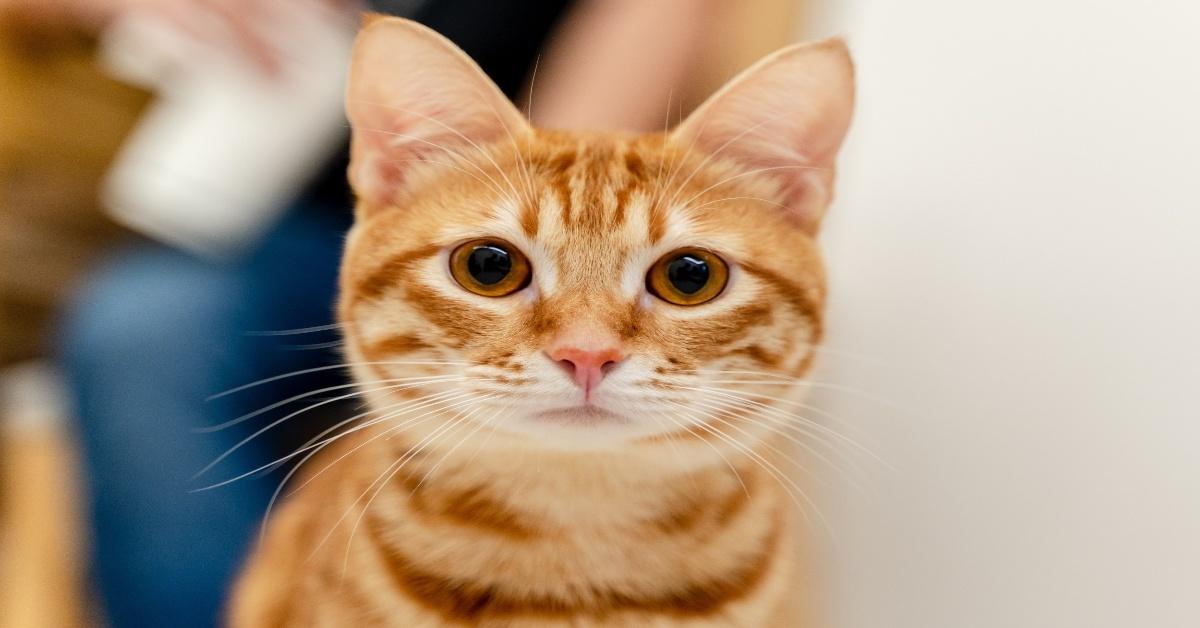
Your cat is showing affection.
Cats can be very affectionate animals, especially towards those they love and feel connected to. Cats have a number of ways to show they feel close to you, including staying by your side.
Has your cat ever started brushing their head or face against you? This behavior is known as “head-bunting” and is actually a sign of love and affection.
This is your cat's way of marking you with their scent. While undetectable by humans, cats have a series of glands all over their bodies, including on their faces. If a cat is rubbing their head or face against you, they may be marking you with their scent as a way of showing that you’re part of their family.
Your cat may also try lightly pressing down or kneading your skin — more popularly known as “making biscuits” — as a way of showing they care for you.
Your cat is curious about what you’re doing.
You provide your cats with a lot of things, which includes a source of entertainment. If they feel bored or need some enrichment, they may begin to follow you around. Cats are naturally curious animals, so your kitty companion may just want to see what you’re up to.
Each room you walk into provides your animal with a host of new scents that keep them engaged and occupied. This is why some cats may even follow you into the bathroom, per The Dodo.
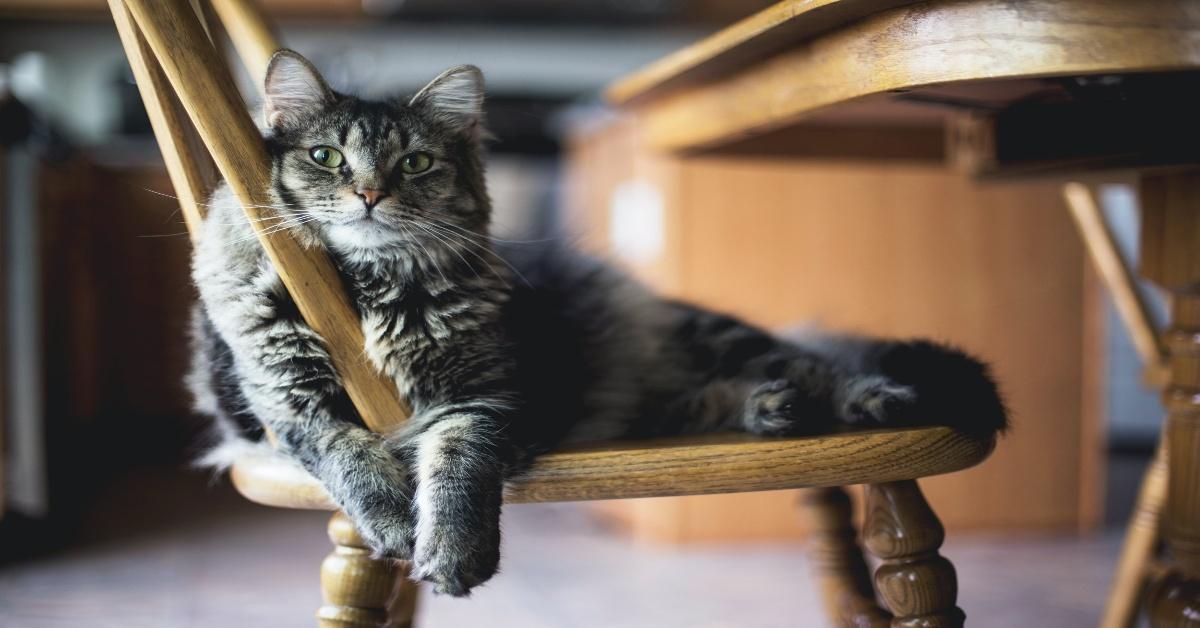
Your cat wants your attention.
While cats can often appear aloof and unbothered, they still require a lot of love and attention to stay happy and healthy. If your cat is stuck to your side the second you get home from work, they likely missed you throughout the day. Your cat may try engaging you with nearby toys or try to initiate physical contact in the hopes of receiving some pets.
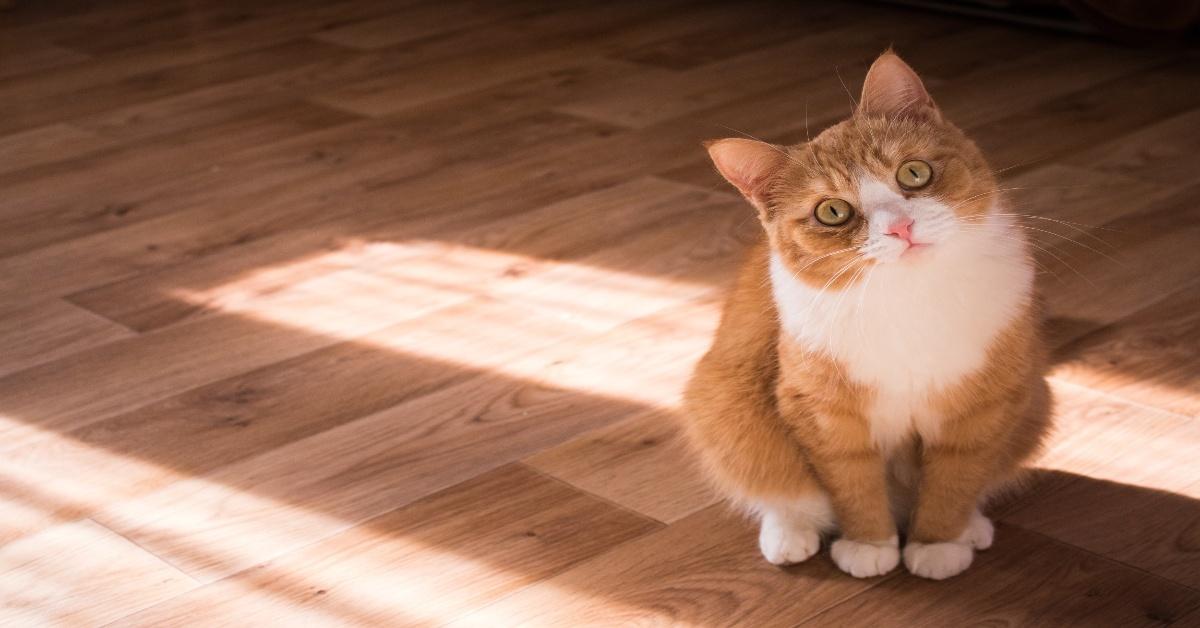
Your cat is hungry for food.
Animals have limited ways to communicate with their human companions. If they keep trying to get your attention by meowing or following one foot behind you close to dinner time, they may be trying to communicate they’re hungry and ready for food.
Cats are also no stranger to classical conditioning. According to The Spruce Pets, if one person in the household routinely provides your pet with their daily treats or feeds them when prompted by a series of repeated meowing sounds, cats can catch on to that pattern and incorporate it as part of their daily routine.
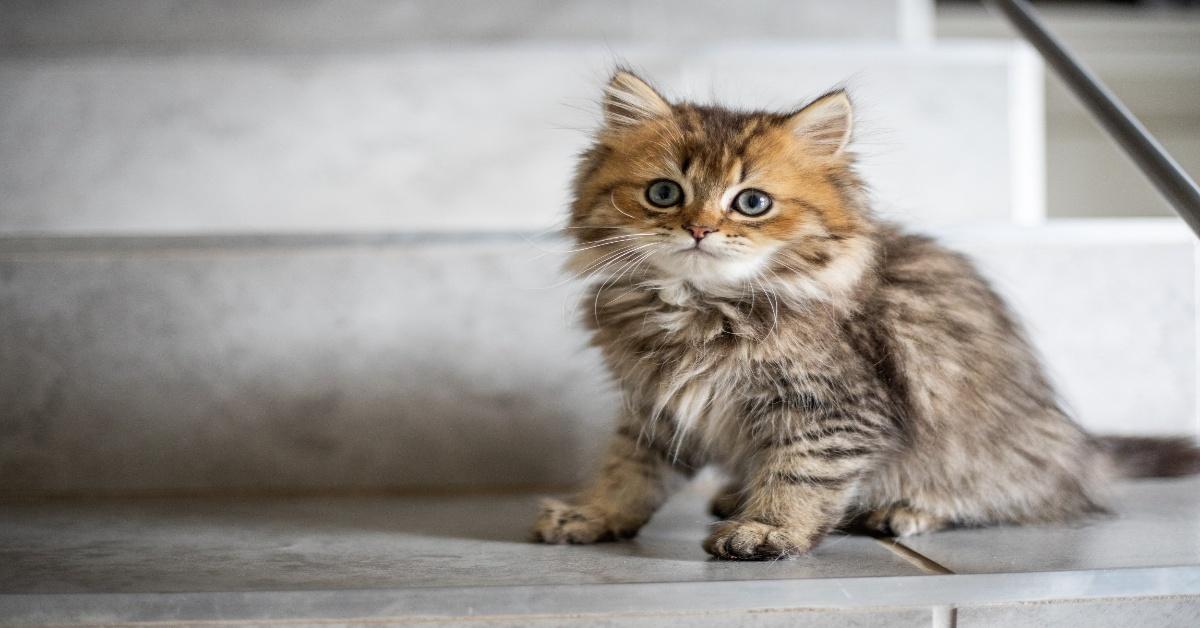
Your cat thinks of you as part of their family.
When they’re first born, kittens follow their mothers around because they depend on them for food and shelter. As their parent, your cat depends on you for the same things, so they may think of you in a similar way. Your cat may also try to lick you as a way of “grooming” or taking care of you in return.